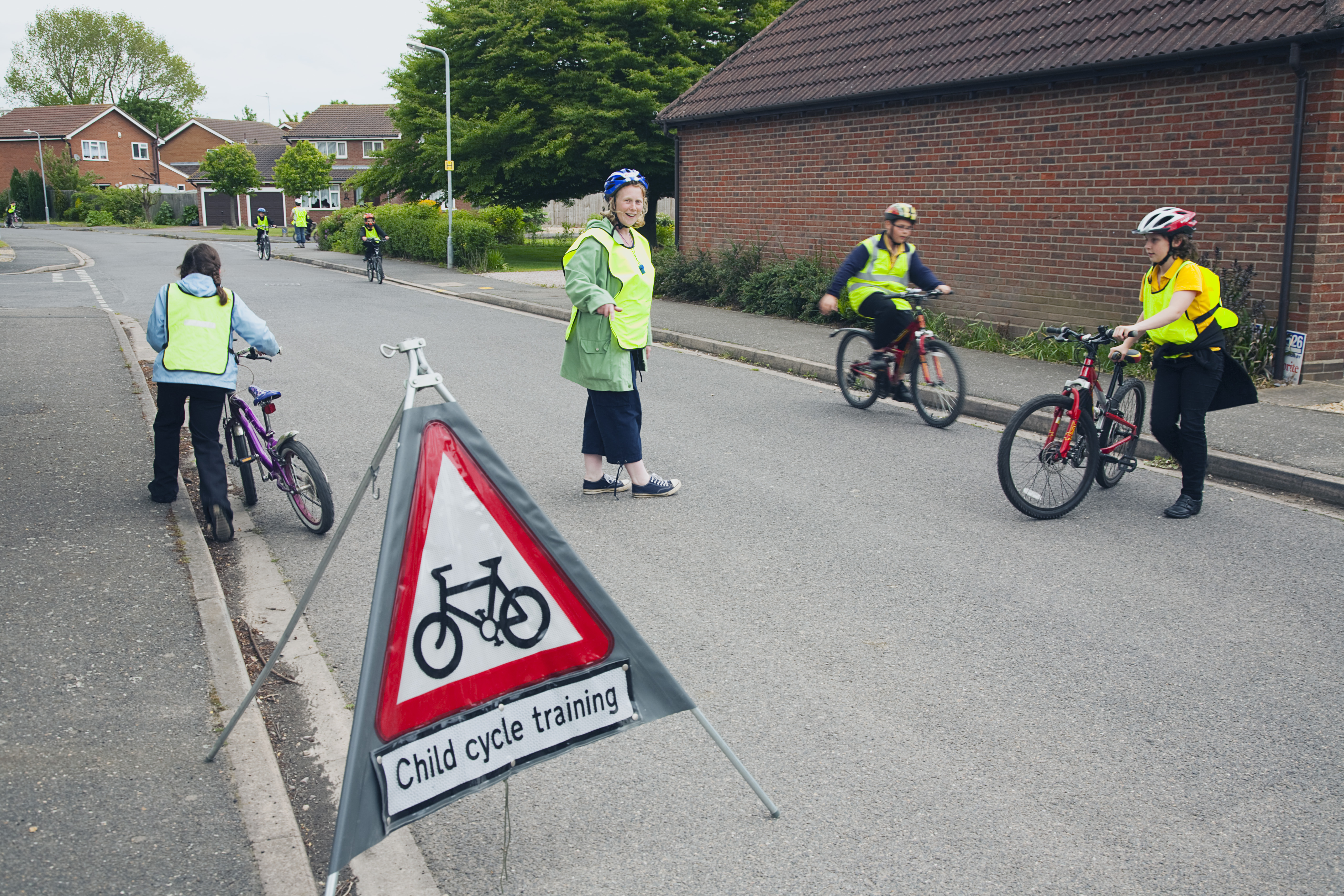Teach cycling proficiency in schools to reduce road injury, says lawyer
Louise Plant wants the government to make cycle training compulsory in all schools


The latest race content, interviews, features, reviews and expert buying guides, direct to your inbox!
You are now subscribed
Your newsletter sign-up was successful
A personal injury lawyer has called for cycling proficiency tests to be made compulsory in schools.
Louise Plant, head of personal injury at Prettys in Ipswich, has said that teaching cycling skills to children at an early age could help prevent the number and severity of injuries - both through teaching safe cycling, and encouraging mutual respect.
She's suggested that Bikeablity - formerly the 'Cycling Proficiency Test' - be considered by the government as a compulsory requirement.
"Children should be encouraged to get involved in cycling safety programmes to gain skills that will remain with them through to adulthood,” said Plant.
“Addressing awareness from an early age is the first step to a knowledgeable community of road users and cyclists, where the opportunity to preserve the popularity of cycling is extended,” she added.
Plant also believes that employers could be more proactive, though focused her comments on visibility and equipment for cyclists.
The latest race content, interviews, features, reviews and expert buying guides, direct to your inbox!
>>> Cycle to work scheme: all you need to know
"Encouraging more employers to introduce cycling initiatives will ensure individuals are both more confident and likely to comply with safety suggestions which will prevent or reduce the extent of injuries."
“These largely focus on carrying and using, when necessary, protective and visible clothing, lights and puncture repair kits, as well as having your bike regularly checked to ensure it is road worthy,” she said.
Plant's comments come soon after a British Cycling survey of over 15,000 riders found that 97 per cent of adult members had a full driving license, yet over two thirds are worried about their safety when cycling on the road.
The lawyer works with cyclists who have suffered serious injuries, including life changing and fatal collisions. She puts the onus on riders to protect themselves, as well as the authorities to improve conditions.
>>> What's the best bike for commuting?
“Better networks should be a core focus within city and town centres as well as main roads as part of the Government’s green transport plan," she commented.
“The government need to continue to increase cycling safety awareness to help tackle the severity of injuries we are seeing."
“As vulnerable road users, cyclists need to ensure that they have taken sufficient steps to protect themselves from accidents and injuries – in a collision with a motor vehicle, it tends to be the case that it is the cyclist who will come off worse," she said.
Michelle Arthurs-Brennan the Editor of Cycling Weekly website. An NCTJ qualified traditional journalist by trade, Michelle began her career working for local newspapers. She's worked within the cycling industry since 2012, and joined the Cycling Weekly team in 2017, having previously been Editor at Total Women's Cycling. Prior to welcoming her first daughter in 2022, Michelle raced on the road, track, and in time trials, and still rides as much as she can - albeit a fair proportion indoors, for now.
Michelle is on maternity leave from April 2025 until spring 2026.
